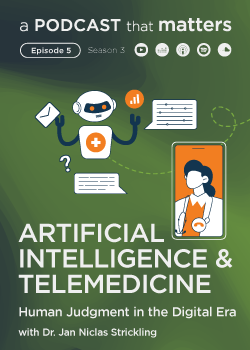Print

Anthropogenic Environments in the Future Tense: Loss, Change and Hope in Post-Soviet Industrial Landscapes: ANTHEFT
Details
Locations:Austria
Start Date:Jan 1, 2024
End Date:Dec 31, 2028
Contract value: EUR 1,853,329
Sectors: Energy, Environment & Climate
Description
Programme(s): HORIZON.1.1 - European Research Council (ERC)
Topic(s): ERC-2022-COG - ERC CONSOLIDATOR GRANTS
Call for proposal: ERC-2022-COG
Funding Scheme: HORIZON-ERC - HORIZON ERC Grants
Grant agreement ID: 101088780
Objective:
Driving from the airport towards the Kazakh capital Nur-Sultan will carry the passenger past the new EXPO building with its permanent exhibition on Kazakhstan’s bright future of smart green energy while in the distance the skyscraper silhouette of the ultra-modern city centre is clouded in smog. In Kazakhstan as elsewhere in Central Asia, the future of the country’s industrial heritage polarises the public. In the 20th century, Central Asia was transformed into a hub of rapid industrialisation but mining and industrial towns experienced a critical time with collapsing industries and infrastructure during the 1990s. This not only left people economically vulnerable but touched at the very core of local identity in a socio-cultural setting where urbanity epitomises civilisation, modernity, culturedness and wellbe-ing. Simultaneously, the environmental costs of resource extraction and industrial production became visible. Calls for a global shift towards reducing environmental impact also resonate in postsocialist countries, often in a top-down manner. The voices of those living in and with these places are rarely heard. Juxtaposing different experiences raises questions of environmental justice, future livelihoods and feelings of nostalgia for different pasts. This is where ANTHEFT comes in. ANTHEFT pursues three objectives at the interface of work and environment in polluted landscapes: 1) identify temporalities, affects, future(s) and memory, 2) de-scribe discursive strategies by which local communities express and make sense of their so-cio-economic and environmental histories and identities, 3) analyse local understandings and morali-ties of environmental damage, progress, good living and place-making. ANTHEFT is a ground-breaking project that proposes to venture into a long durée, translocal research on Central Asian industrial work and environment from the late 18th century to the present incorporating disparate memories, perspec-tives and experiences.

